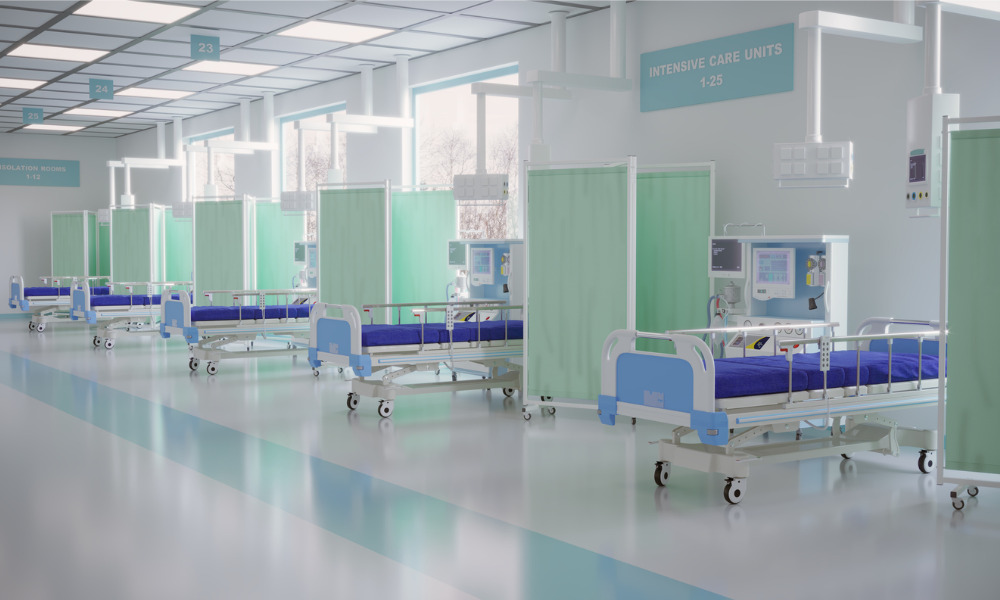
A delay in treatment allegedly resulted in the patient remaining in intensive care on a ventilator

The Court of Appeal has granted special leave to appeal in a personal injury case involving allegations of delay in treatment.
In AR v Accident Compensation Corporation [2023] NZCA 354, the applicant, who was then 15 years old, became unwell while on holiday. His mother contacted an out-of-hours medical centre helpline for assistance. Due to the allegedly incorrect medical advice that the helpline gave the applicant, there was a delay of seven and a half to eight hours in a diagnosis of and in-hospital treatment for Guillain-Barré Syndrome (GBS).
The applicant remained in intensive care for three months on a ventilator. He allegedly suffered from severe effects of GBS and required assistance with all activities of daily living. Consequently, the applicant sued the Accident Compensation Corporation (ACC), seeking to recover for treatment injury due to the delay in treatment. ACC declined the claim, alleging that the delay did not cause GBS or increase its effects' severity.
The district court upheld the ACC's decision. The High Court dismissed the applicant's appeal. As a result, the applicant applied to the Court of Appeal for special leave to appeal, which may be granted if the court is satisfied there is a question of law capable of bona fide and serious argument in a case involving some interest or sufficient importance to outweigh the cost and delay of a further appeal.
The applicant argued that the High Court was wrong in law because the factors discussed in case law as to how the court should assess causation in medical uncertainty were either not considered or were approached incorrectly by the High Court.
The appeal court noted that the district court reviewed the medical literature referred to by the expert witnesses. The district court gave weight to a review that found that "treatment within seven days is most effective and that plasma exchange be initiated as early as possible within 30 days." The district court ultimately ruled that ACC was correct to decline cover.
The high court considered there was an evidential basis for the district court to determine that causation was not established on the balance of probabilities. The high court was not persuaded that there was a serious question of law capable of bona fide and serious argument such that leave to appeal to the court should be granted.
The appeal court found a question of law capable of serious and bona fide argument as to whether the district court approach, upheld in the high court, misinterpreted the test for causation set out in case law on the evidence before it. The appeal court considered that it was arguable that the district court approach looked for certainty in the medical literature or relied on the opinions of the two doctors who were looking for certainty in the medical literature that the period of delay in treatment that occurred here was likely to have caused an increase in the severity of the applicant's symptoms when that is not the test for legal causation.
Accordingly, the court ruled that it is in the interests of justice to grant leave to appeal, despite the desirability of finality, because of the issue's importance for the applicant.